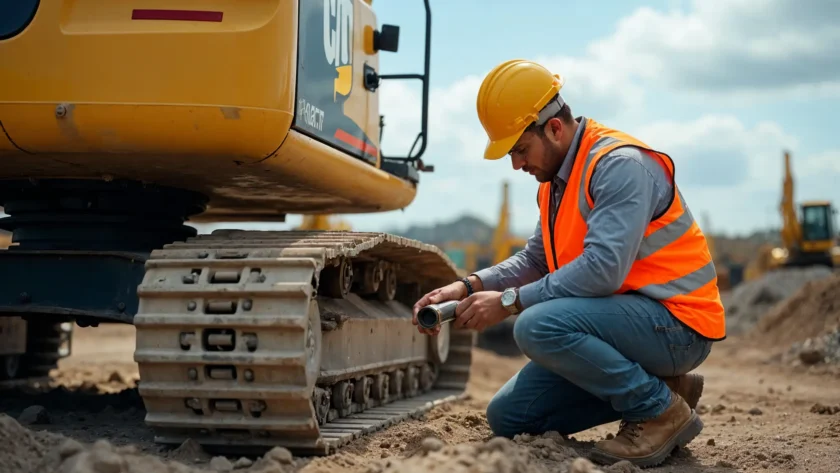In construction and heavy industry, equipment is the heartbeat of productivity. Machines like loaders, bulldozers, excavators, and cranes handle tough tasks daily, making them some of the most valuable assets on a job site. However, even the most powerful machines will eventually falter without proper care. Partnering with a trusted heavy equipment repair provider ensures that your machinery receives timely attention, reducing downtime and preventing minor issues from escalating into costly failures. That’s why investing in professional repair and maintenance is essential—not just for keeping operations moving but for extending the life and performance of your equipment.
Proactive maintenance and expert repairs can differentiate between costly replacements and long-term reliability. You can increase safety, decrease downtime, and safeguard your investment for years with the correct strategy.
The Cost Of Neglect
Ignoring equipment upkeep can lead to far more than mechanical breakdowns. When machines are pushed beyond their limits without regular service, minor issues can snowball into major failures. A worn belt or leaking seal, if left unchecked, could cause engine damage or hydraulic failure. These kinds of breakdowns often require expensive parts, emergency labor, and significant downtime—all of which impact your project timelines and bottom line.
Moreover, neglected equipment typically consumes more fuel, operates inefficiently, and may even pose safety hazards to operators and crew. Because of these hazards, maintenance, and repairs are not only an economical option but also an essential step in safeguarding your employees and reputation.
Scheduled Maintenance Pays Off
Routine maintenance schedules—such as oil changes, filter replacements, lubrication, and system inspections—are the first line of defense against wear and tear. These services are typically outlined in the manufacturer’s manual and are essential for ensuring machines run smoothly under demanding conditions.
Professional service providers not only follow these schedules but also bring the experience needed to spot developing issues early. This allows for preventive measures rather than reactive fixes, which are always more disruptive and expensive. In fact, equipment maintained regularly often enjoys a significantly longer service life, allowing you to maximize the return on your investment.
Diagnostic Expertise
Modern construction equipment is more sophisticated than ever, often featuring onboard computers, sensors, and advanced hydraulics. Diagnosing issues with these machines requires more than basic mechanical knowledge—it takes specialized tools and trained technicians.
Professional repair services use advanced diagnostic equipment to quickly pinpoint problems, whether it’s an electronic control fault or an issue with the transmission. This precision not only reduces guesswork but ensures the right repairs are made the first time, avoiding trial-and-error fixes that can drag out repair times and inflate costs.
Access To Genuine Parts And Skilled Technicians
Working with professional repair services also ensures access to high-quality parts that match the original equipment. Using genuine components maintains the machine’s integrity and reduces the likelihood of repeated failures. In contrast, off-brand or mismatched parts may save money upfront but often lead to premature breakdowns and costly replacements.
In addition, experienced technicians bring deep knowledge of specific machinery brands and models. Because of their experience, they can work quickly and effectively, cutting down on downtime and guaranteeing that the job is done correctly.
Emergency Repairs And Mobile Support
Unexpected breakdowns happen, no matter how diligent your maintenance efforts are. When they do, access to fast, professional repair can make all the difference. Many service providers offer mobile repair units that can come directly to your job site, minimizing transport delays and restoring equipment as quickly as possible.
For companies operating under pressure or in remote areas where transporting equipment to a repair shop is impractical, this responsiveness is especially crucial.
Conclusion
Extending the life of your equipment isn’t just about preserving hardware—it’s about boosting productivity, enhancing safety, and protecting your financial investment. Your machines will remain in excellent condition and be able to function day in and day out, even in the most demanding circumstances, thanks to professional repair and maintenance services. With scheduled upkeep, diagnostic expertise, and responsive support, you can avoid the cost and inconvenience of early equipment failure—and keep your business running strong.




